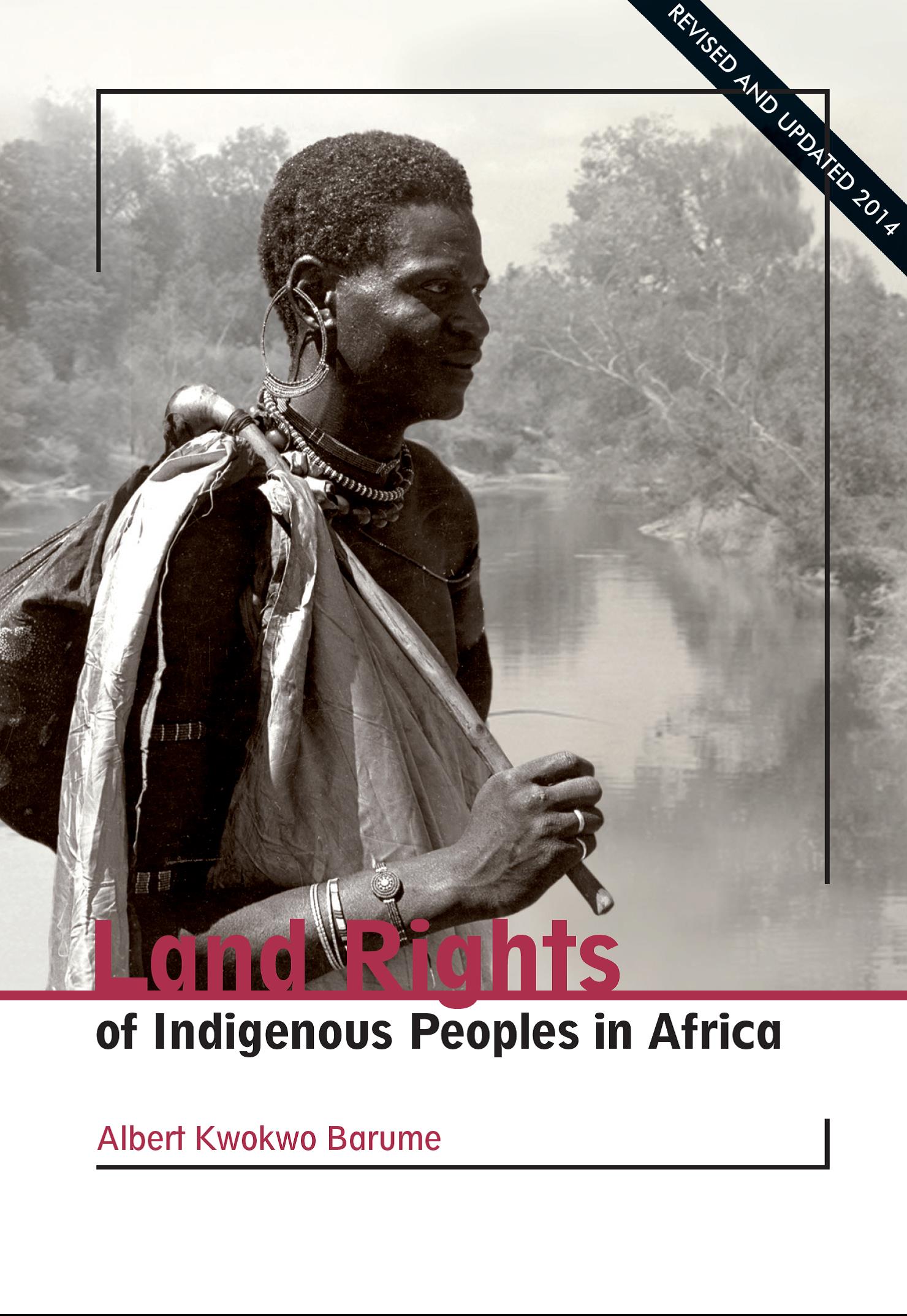Resource information
This revised and updated edition of Albert Kwokwo Barume’s book from 2010 reflects some of the latest developments affecting Africa’s indigenous peoples and their land rights.
Some of these developments have taken place at the international, regional and national levels and include a growing attention to indigenous rights throughout the U.N. system, the recognition of the existence of indigenous peoples in Africa thanks to the work of the African Commission on Human and Peoples’ Rights, constitutional and legal reforms in some African countries, etc. They all offer new opportunities for the promotion of indigenous rights, including the protection of indigenous land rights. How¬ever, as this book also shows, the situation of indigenous peoples on the ground has hardly changed and the implementation gap when it comes to laws and policies on land rights remains a major issue. The dispossession of Africa’s indigenous peoples of their ancestral lands, which started during colonial times, continues today at an alarming pace as the result of nature conservation, agro-industrial developments, mineral exploitation, and other economic activities.
Indigenous peoples have not and do not let this happen without reacting and in some cases they have gone to court, challenging those who threatened them — colonial authorities, governments or corporate companies. But defending the land rights of indigenous peoples in court has been an uphill battle with few successes, and as this new edition shows, this remains the case. Why? What went wrong? What could have been done otherwise? The purpose of this book has been to analyze some of the land cases filed by indigenous peoples in selected African countries, in order to see how the judiciary has dealt with this human rights thematic, and what lessons can be learned from these court cases, including the few which have recognized indigenous claims.
What should judges, lawyers and concerned people know about indigenous land rights? What legal frameworks should they refer to in order to better defend these rights in African courts? What international instruments could possibly be relevant to bring up in court? What global and regional mechanisms could provide some support and help? These are some of the key questions which this book aims at answering.


